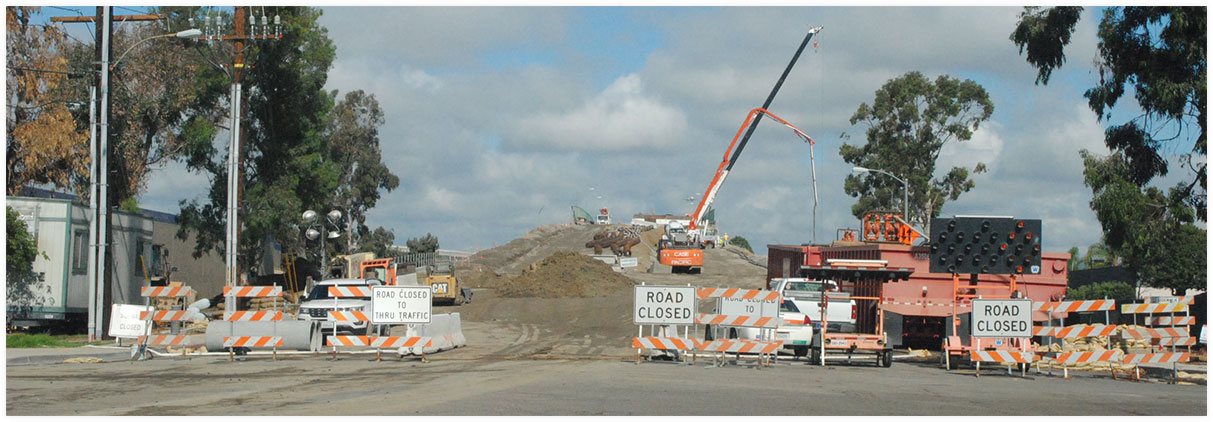Eminent Domain: Definitions You May Need To Know

As you grapple with the possibility or likelihood that a government body will take your land through condemnation or as you prepare to demand that a government body takes your property through inverse condemnation, you will encounter certain terminology repeatedly:
- In conversations with government agency representatives, appraisers, your attorney and other interested parties
- In publications and other media that may report on the coming transactions
- In documents you receive, whether for informational purposes or legal documents you are asked to sign
Understanding the meanings of certain terms will be part of the process of release (voluntary or not) of property through eminent domain. Below are some of the common words and phrases you may encounter in connection with eminent domain. Definitions may vary from place to place, but these versions provide a starting place for understanding and discussion.
Eminent domain: According to Merriam-Webster, this term refers to a right of a government to take private property for public use.
Real estate: Private property may include land, buildings, installations (such as wells, fences and stone walls) and resources on that land (such as water, trees, wildlife and minerals).
Private property: Land and buildings that are owned by individuals and organizations (such as companies or nonprofits) is considered private property. It is reserved for the exclusive use of the owners.
Private use: The way individuals, companies or other groups of people use real property is private use: for residence, for conducting business, for recreational uses and so on. A driveway on residential property is not for public use (i.e., by members of the public without right or permission to park cars there).
Public property: A park, a public school, a fire station and a courthouse are all examples of public property, which is owned and controlled by a government entity and the people who are governed by it.
Public use: Examples of public use of land as it has been traditionally understood are for schools, roadways, government buildings, recreational areas, flood control areas, government-owned performance facilities such as stadiums and concert halls, bridges, airports, and jails.
Government body: A government body may be a local public entity (such as a municipal council or a county commission); the state reclamation board, the state public works board, a government-controlled wildlife conservation board, the state transportation commission, the state water commission, the board of regents of a public university system, the state lands commission or any branch of the federal government.
Jurisdiction: The jurisdiction of a government body refers to the extent of its official power to make legal judgments and decisions, over a particular area of responsibility or issue.
Public acquisition: Acquisition of land by a government body is public acquisition of land — presumably for the benefit of the people who are governed.
Damages: What you lose or will lose in an eminent domain action constitutes damage: direct damage (value of land that is taken) as well as severance damage (reduced value of remaining land).
Fair market value: The “highest price of valuation that would be agreed to by a seller willing to sell and a buyer willing to buy, each with full knowledge of all the uses and purposes for which the property is reasonably adaptable and available, and/or by any method of valuation that is just and equitable.” (For full version, see Code of Civil Procedure 1263.320).
Business value: The loss of goodwill, “if the loss cannot reasonably be prevented by a relocation of the business…” with goodwill being “the benefits that accrue to a business as a result of its location, reputation for dependability or quality…” (for full version see Code of Civil Procedure 1263.510).
Condemnation: The legal process by which a governmental body exercises its right of eminent domain to acquire private property for public uses is known as condemnation. This may include a resolution of public need, an offer to purchase and a negotiated deal or condemnation lawsuit.
Inverse condemnation: When a governmental body takes private property without properly compensating the private owner, the owner may sue the government to force it to pay. This is inverse condemnation. The landowner disputes what has transpired by taking initiative through a lawsuit against the government.
One More Critical Term You Need To Know: Legal Representation
A lawyer’s advice and advocacy can be vitally important in how a property owner comes out at the end of the eminent domain process. Your attorney should be highly experienced in this area of the law. A law firm’s track record of outcomes favorable to property owners will inspire your confidence and trust.
Peterson Law Group in Irvine and Los Angeles has established a strong reputation that attracts property owners who are concerned about protecting their interests. Call (949) 955-0127 or (213) 236-9720 to reach us in Irvine or Los Angeles for a prompt response.
Call To Reach Us For A Prompt Response
Los Angeles Office: (213) 236-9720
Irvine Office: (949) 955-0127